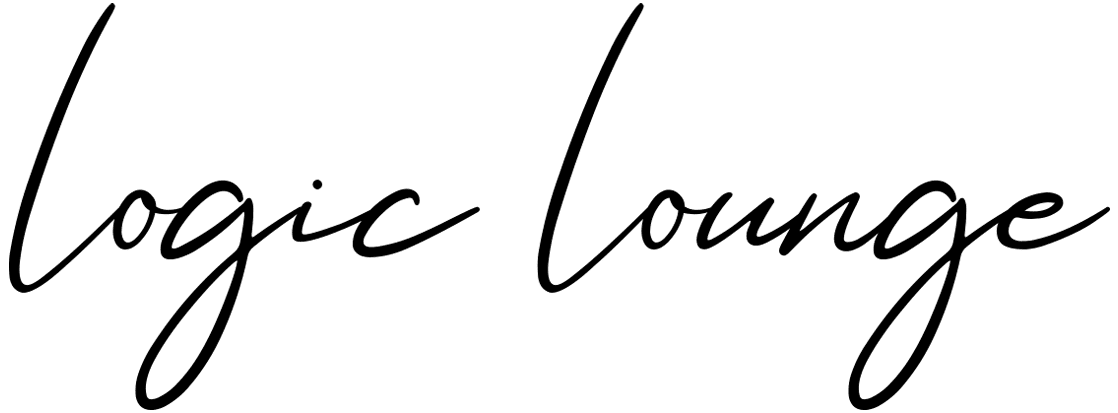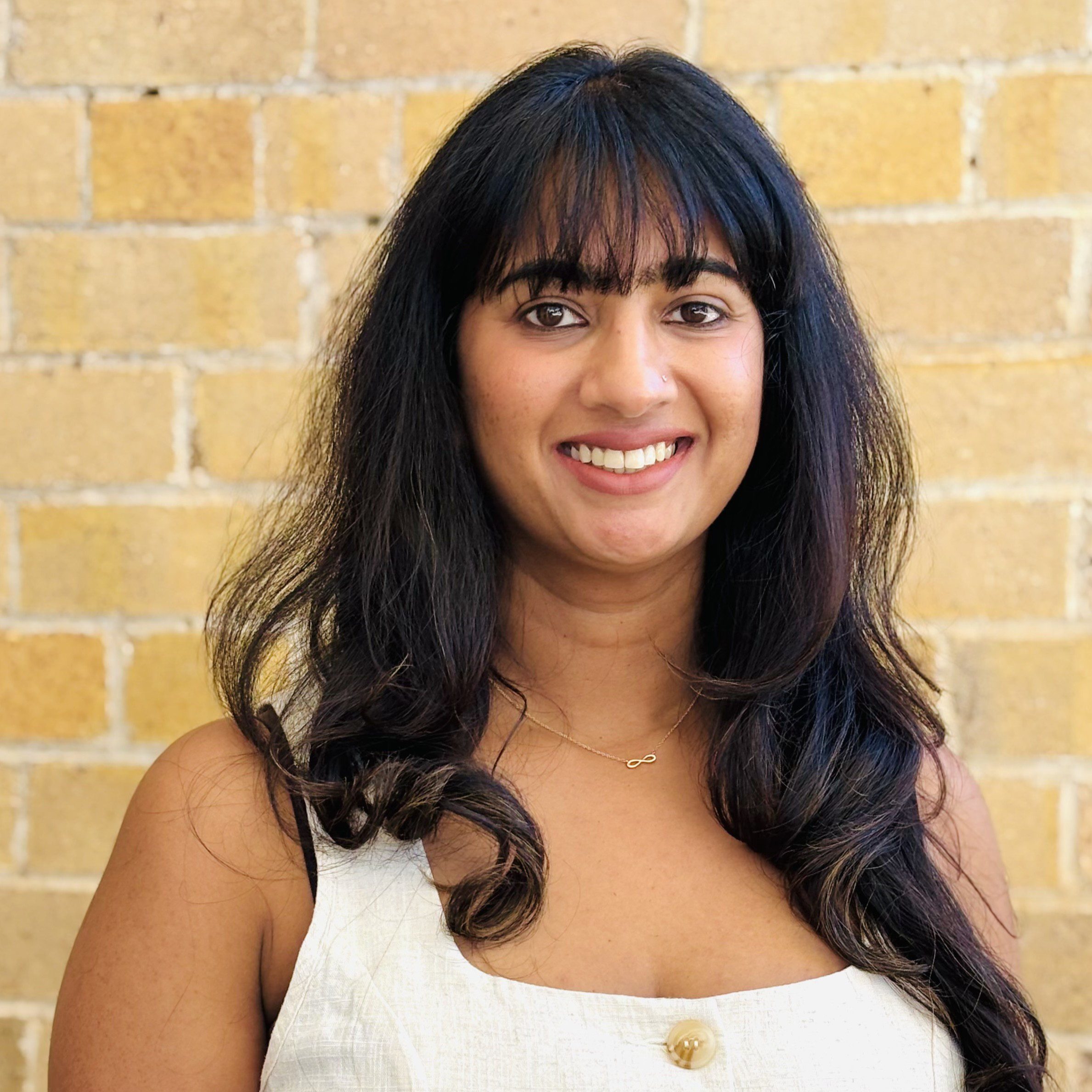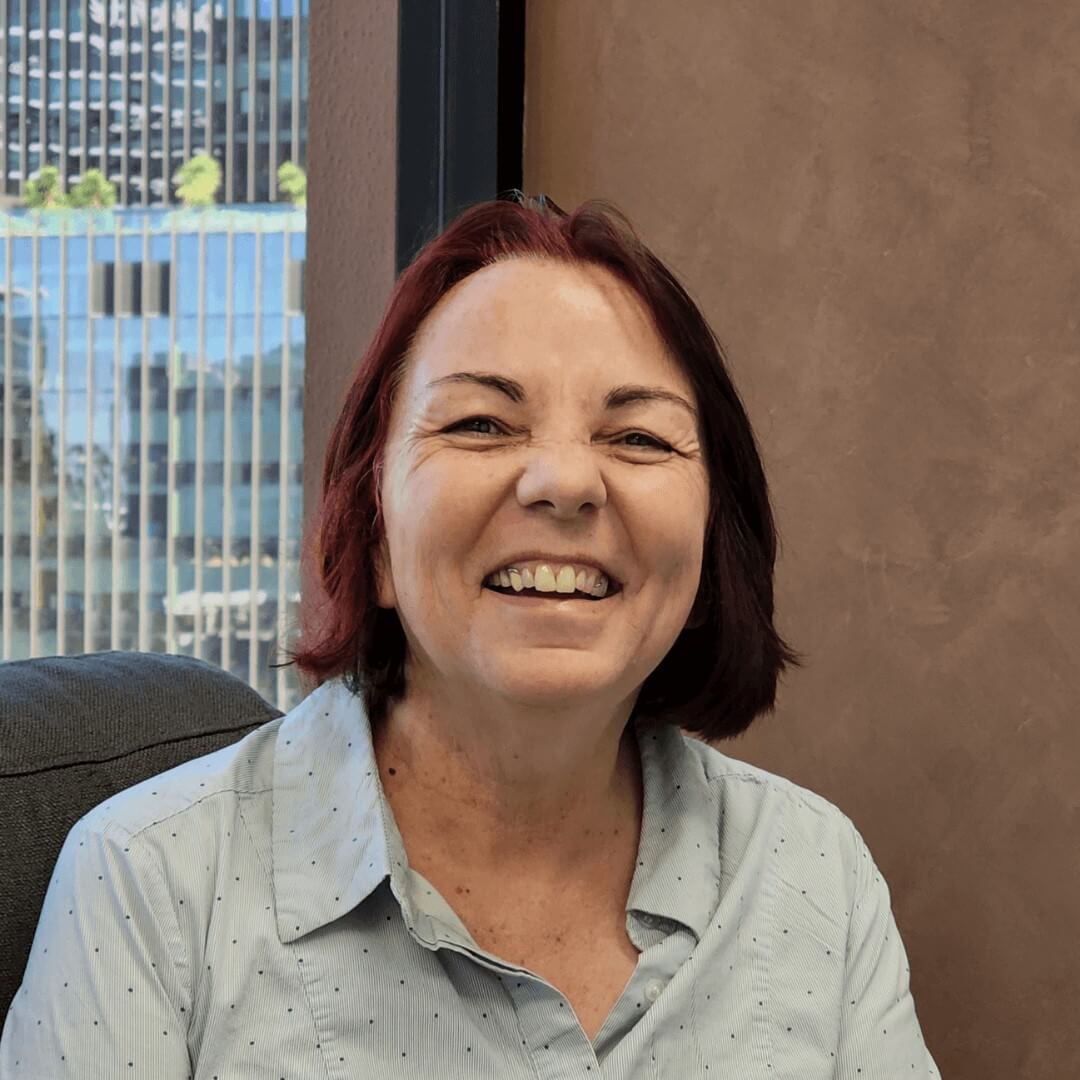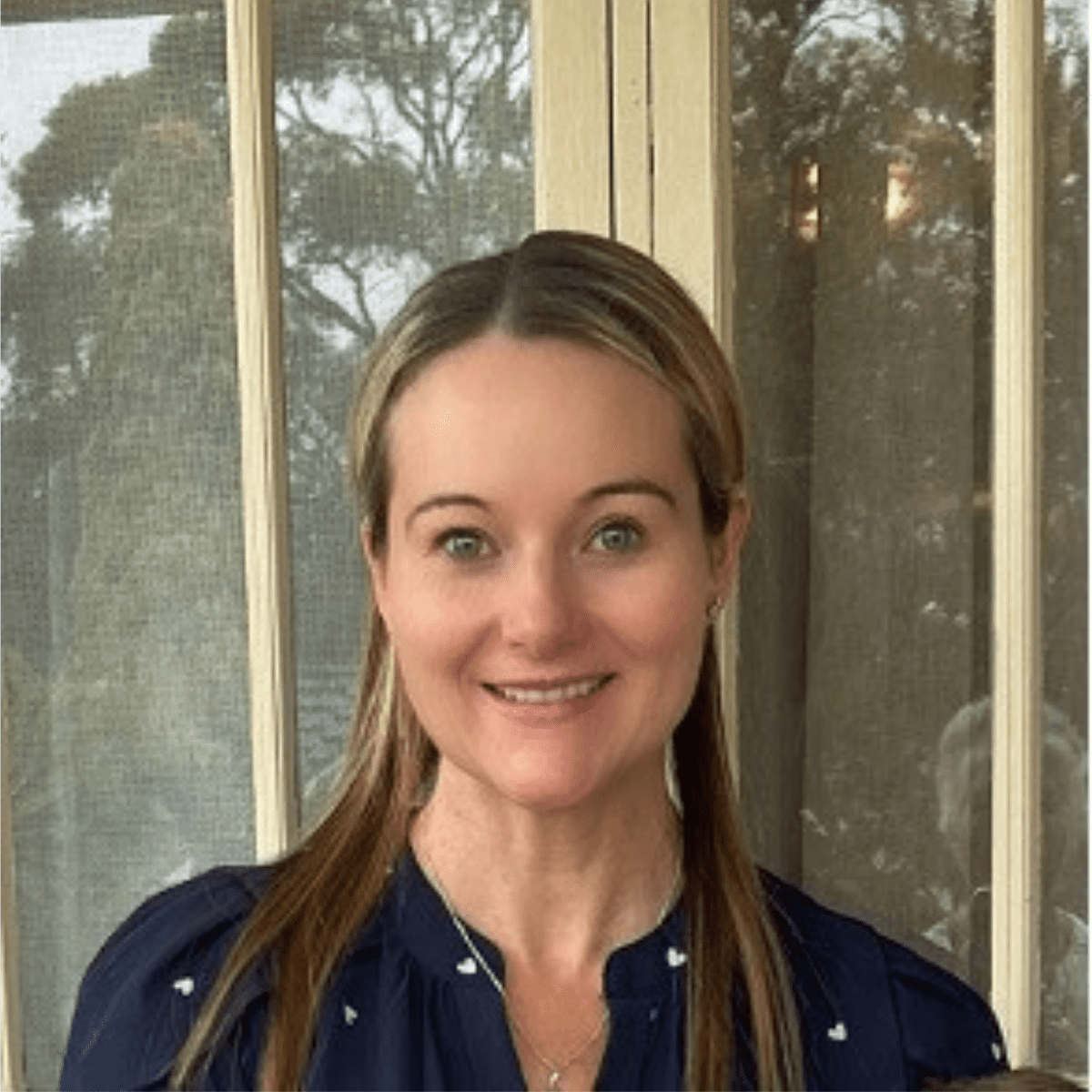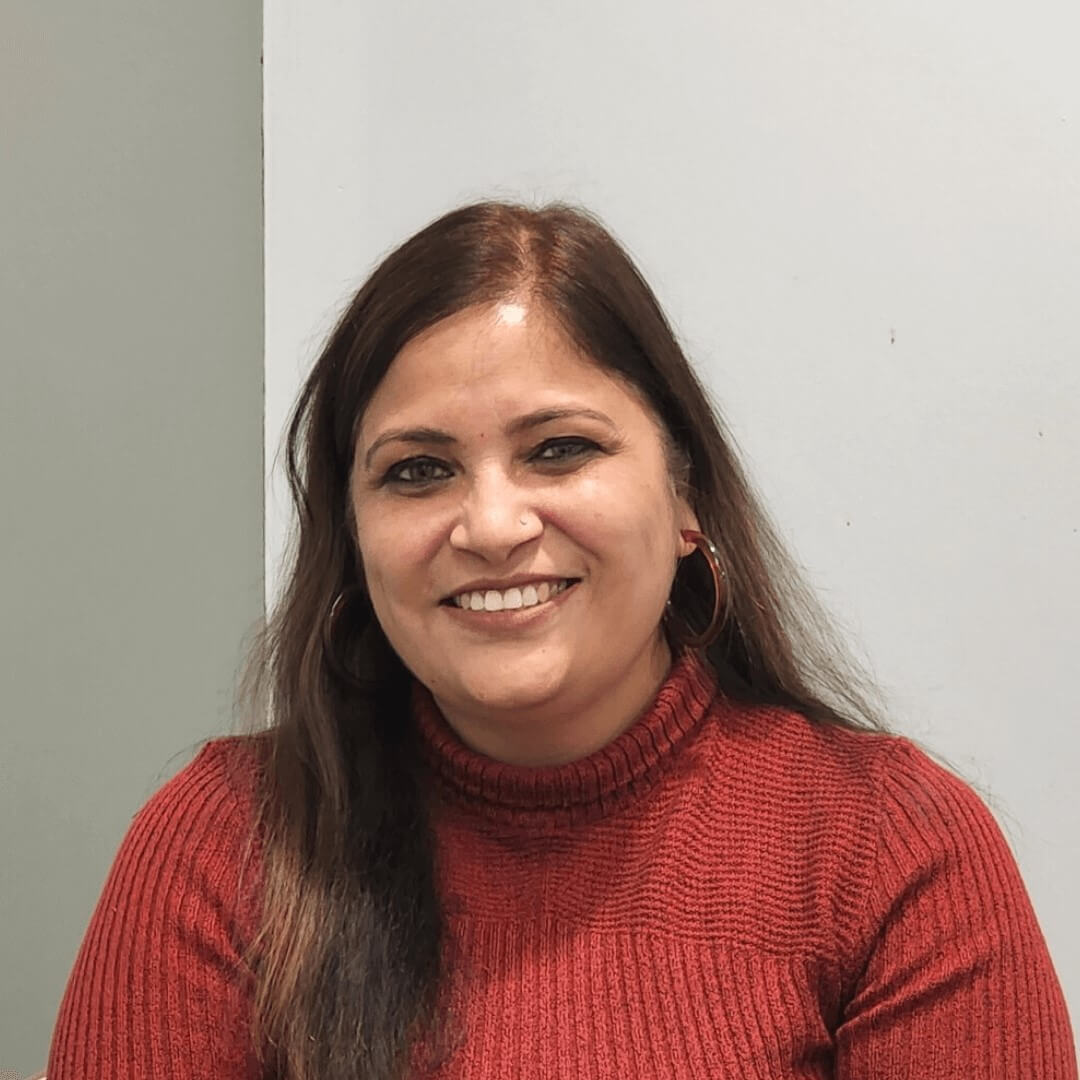Empowering Individuals: Obsessive Compulsive Disorder (OCD) Support and Therapy
Experiencing persistent intrusive thoughts or feeling driven to perform repetitive behaviours can be exhausting. Obsessive Compulsive Disorder (OCD) is more than just being overly tidy or particular; it’s a challenging mental health condition that can deeply affect everyday life. People living with OCD often experience intrusive, unwanted thoughts (obsessions) and feel compelled to perform repetitive behaviours or rituals (compulsions) to ease anxiety or prevent something bad from happening.
At Logic Lounge, we understand how distressing this cycle can feel, which is why we offer a warm, understanding space where you can explore your experiences with OCD and learn practical, evidence-based strategies to manage symptoms to regain control, and live with more freedom and peace of mind.
Understanding OCD
OCD is a type of anxiety disorder characterised by repetitive thoughts, images, or urges that cause significant distress. These obsessions are often accompanied by mental or physical actions (like checking, counting, or cleaning) performed to neutralise the anxiety.
Common symptoms include:
- Excessive fears of contamination or germs
- Repeated checking (doors, appliances, locks)
- Unwanted aggressive, sexual, or blasphemous thoughts
- Perfectionism or feeling things must be “just right”
- Counting or ordering rituals
- Mental reviewing or reassurance-seeking
While occasional doubts or habits are normal, OCD becomes problematic when these thoughts and rituals interfere with daily life, work, relationships, or well-being.
How Common is OCD?
According to the Australian Institute of Health and Welfare (AIHW), OCD affects around 2% of Australians each year — that’s roughly 1 in 50 people. It can begin at any age but often emerges during adolescence or early adulthood.
Importantly, OCD is treatable, and many people recover fully or learn effective ways to manage their symptoms with the right psychological support.
Why Does OCD Happen?
The exact cause of OCD isn’t fully understood, but research suggests it’s a combination of genetic, biological, and environmental factors. These may include:
- A family history of OCD or anxiety
- Imbalances in brain chemicals, such as serotonin
- Stressful or traumatic life events
- Certain personality traits, such as perfectionism or high self-expectations
It’s important to remember that OCD is not your fault. It’s a mental health condition that requires understanding, not self-blame.
Our Psychologists & Counsellors for Marriage & Couples Therapy
Living with OCD
OCD can impact many areas of life: work, study, relationships, and even physical health due to ongoing stress and anxiety. For some, symptoms may also overlap with other conditions such as ADHD or impulsive behaviour. Recognising these connections can be key to designing the most effective treatment plan.
Living with OCD can sometimes feel isolating, but you’re not alone. Many individuals share similar experiences, and with the right guidance and therapy, it is possible to break free from compulsive patterns and reclaim your confidence and peace of mind.
How We Support People with OCD
At Logic Lounge Psychology, we take a personalised and compassionate approach to supporting individuals living with OCD. Our team of experienced psychologists helps you:
- Understand your thought patterns and what triggers them
- Build awareness of compulsive cycles and their emotional drivers
- Develop coping strategies that reduce anxiety and build confidence
- Strengthen resilience and self-compassion to promote long-term wellbeing
For some individuals, support may also include working collaboratively with a Logic Lounge Psychiatrist to explore whether medical management could assist your overall care plan.
You can also explore practical tools and insights on our page about Dealing with OCD.
Our team provides a safe, non-judgmental space where you can openly talk about your experiences. We focus on empowering you with knowledge, emotional regulation skills, and sustainable strategies to navigate OCD with greater ease.
Reaching out for help is a positive step towards building a more fulfilling and connected relationship. Support can provide clarity, help you better understand one another and guide you toward meaningful change.
If you would like to learn more about how Logic Lounge can support you, call us on 02 7256 7070, or send us an email at hello@logicloungepsychology.com.au, or book an appointment through our website
Find the right Psychologist for you
Our find a psychologist search tool allows you to easily find a psychologist or counsellor, tailored to your area of concern, your preferred language and the location that might be closest to you.
Frequently asked questions
Can I see a psychologist online?
Yes. We offer secure telehealth (video call & phone call) appointments.
Do I need a referral?
No referral needed—you can book directly. A GP referral may help you access Medicare rebates.
